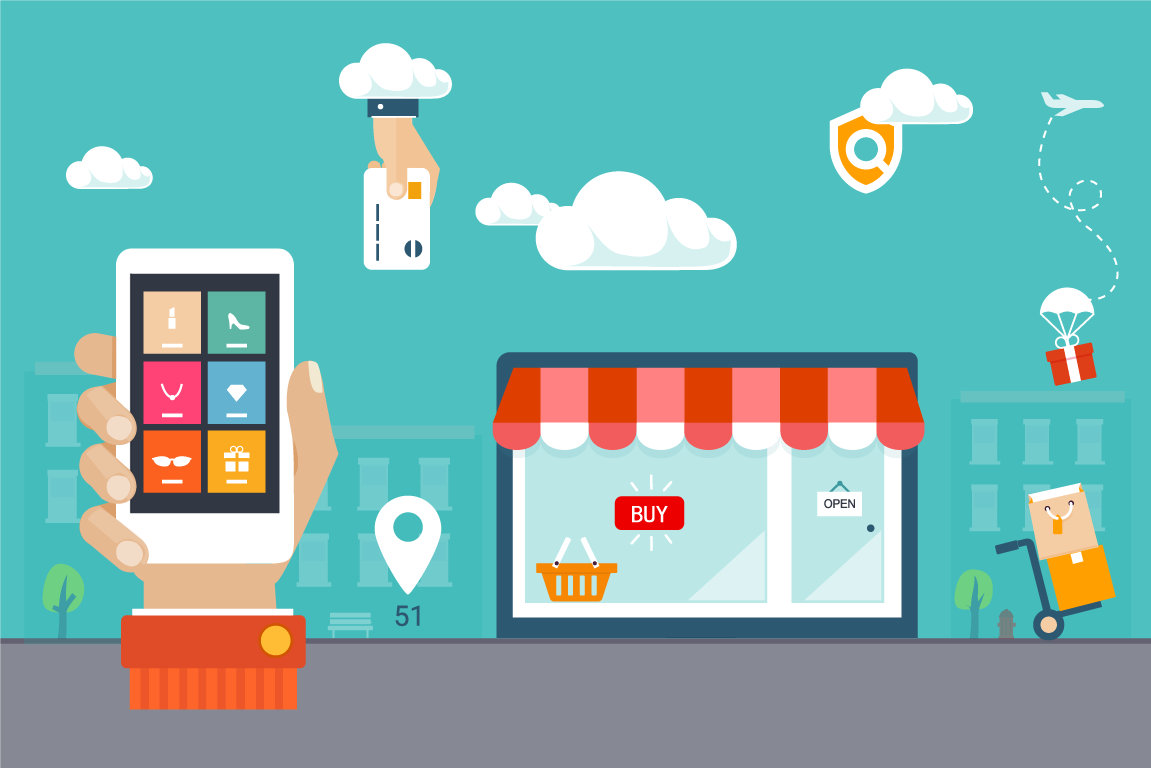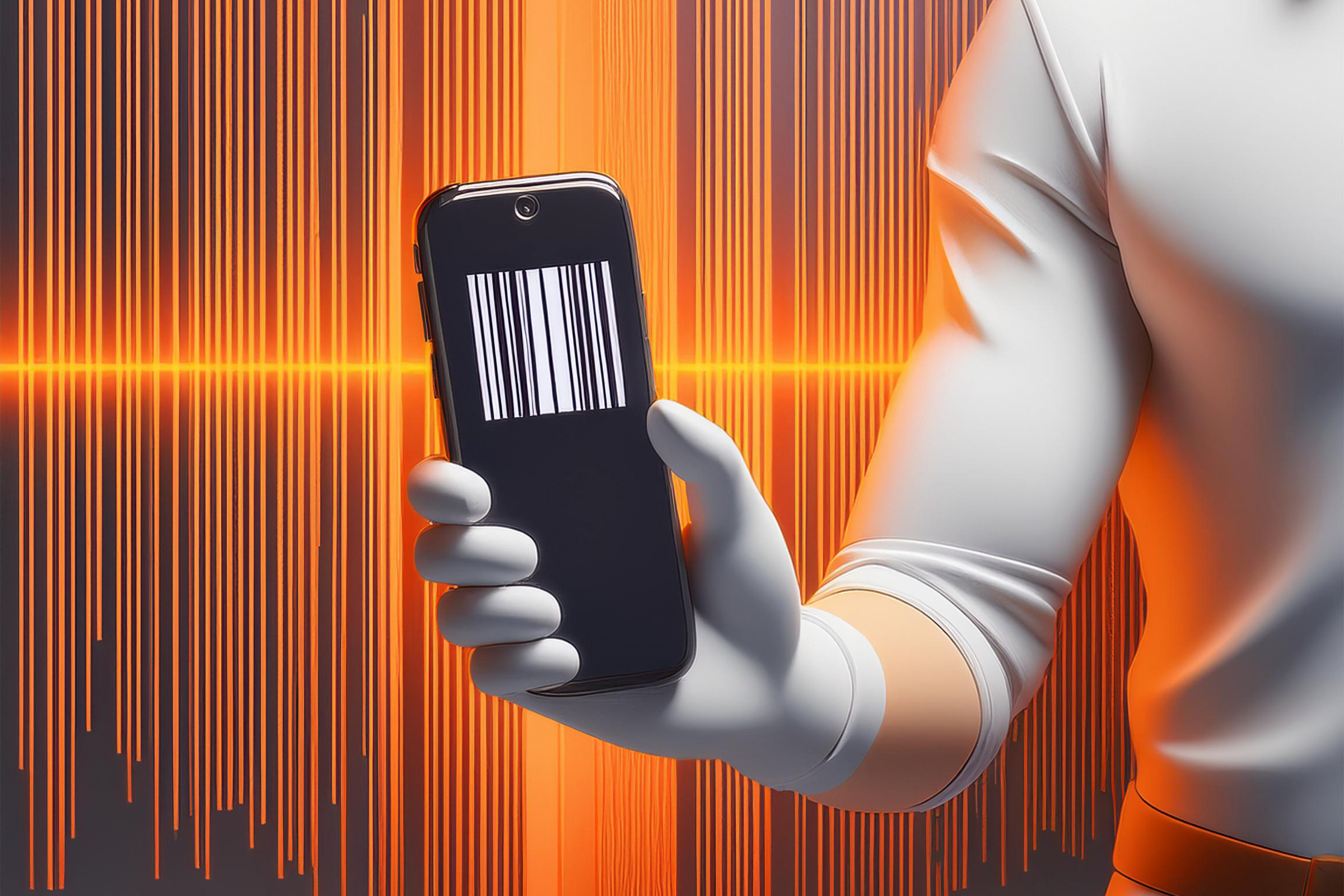If you’re in retail, you undoubtedly have some form of retail POS system in place, with software running your various points-of-sales which are probably linked together in some way. However, there have been big advances in POS software in the past decade – Big advances in both cloud computing and “smart” processing systems that allow modern retail POS systems to go far beyond the terminals and database-style number-crunching typical in older POS software.
Even though it might be tempting to take an “if it isn’t broke, don’t fix it” attitude towards your POS software, the reality is that these gains have made newer software systems vastly better business tools. Beyond simply registering sales, they can now make it far easier to run your retail business as a holistic operation, reducing your workload and increasing accuracy while giving you much better business intelligence for making future plans, and ultimately increasing customer satisfaction.
The benefits gained from an upgrade really do justify the cost and will quickly pay for themselves. These are just some of the ways a new retail POS system could seriously improve your retail operation.
Seven Big Reasons To Upgrade Your Retail POS System
1 – Robust and integrated payment systems
Available payment options are increasing every year. Shoppers have moved well beyond the typical “three Cs” trio of cash, credit, or checks, with the move to digital and increased caps on contactless payments being rapidly accelerated by the recent COVID pandemic. Today, buyers expect to have more options available to them, including contactless payments, mobile wallets, PayPal, instalment options and other online payment processors, and possibly even Bitcoin or other cryptocurrencies.
You may or may not want to support all of these payment formats, but the more options you offer, the more attractive it will be for customers. Modern POS software supports any or all of these systems, as well as extending the same payment options across both your physical and online outlets. This helps you operate in an evolving environment and may differentiate your service from competitors.
2 – Much better stock management
POS systems can now be tied directly to your stock inventory, and that can make a huge difference. Every time an item is sold, your single view of stock (the inventory database) will be instantly synchronised – and this occurs across all points-of-sale and channels, including online sales.
This, in turn, enables you to manage your stock effectively and to merchandise accordingly, reducing sell outs. More advanced POS systems that are fully connected to your Head Office system can help to ensure that you allocate and replenish according to demand. In effect, it’s like having a team dedicated to tracking stock and letting you know whenever anything might be wrong or require attention.
This also leads to another big benefit:
3 – Reduced “shrinkage”
It’s unfortunate, but retail shrinkage is a major problem, and can be as a result of theft, fraud or administrative errors. While no security system can eliminate 100% of theft and fraud, the enhanced stock tracking features give you additional tools to help reduce theft – and to potentially track down violators if it happens. For example, you’ll be able to identify if there is an issue with stock inventory discrepencies earlier, reducing the amount of time that passes between the theft and it being noticed. By narrowing down the timeframe, catching the thief via archived camera footage becomes more likely.
Also, since many operations are automated and employee use of the system is tracked, this reduces the risk of shrinkage from administrative errors and puts a tighter control on operations. Any reduction in loss of stock, your most valuable asset, is only going to be good for your business.
4 – Better business insights
On a happier note, another major benefit from all this data collection and tracking is that you’ll have more robust information on the performance of your retail store portfolio than you ever have before. You won’t merely have info on sales, but you can also track how well particular lines are doing, down to specific attributes. For example, a clothing retailer might organise its goods based on colour, so that they can proactively track which colours are “in” this season – and it’s all backed up by hard sales numbers.
Down the road, this information becomes even more valuable. Once you’ve been using the system for a couple of years (or if you use a system that can import your existing sales database) you’ll have access to robust analytics to dig into long-term sales trends. This takes much of the guesswork out of restocking since you can look at historical data and make predictive purchasing decisions backed by solid probabilities.
5 – Better loyalty programs
Yet another way all this big data benefits you is by giving you deeper insights into your customers. The vast majority of customers are willing to register with brands (especially if there are incentives) and provide details, such as their name, email, and phone number, and this allows you to directly link individual purchases with the buyer. So, looking at the trends, you can start building analytical profiles of your customers and personalise your service and the experience with your brand.
On one hand, this allows you to build better loyalty and other rewards programs, targeted to have the most possible appeal. On the other hand, you can also explore upsell or cross sell opportunities, such as sending out personalised marketing and promotions for items a customer is known to purchase frequently, or based on their interests and hobbies. Or, send out alerts when items they’re interested in are on sale.
Plus, just in general…
6 – A better customer experience
Look at all this from the customer’s perspective. Your retail outfit will be able to offer them more payment options, faster checkouts, better rewards, links between your online and offline stores, and possibly even personalised discounts for loyal shoppers. A modern retail POS system doesn’t only benefit you, it also makes your brick and mortar stores a much nicer place for customers to visit.
This point really cannot be undersold. Right now, in a digital world where every retailer is facing competition from around the globe, customer experience is truly one of the most important ways you can distinguish yourself. Offering customers the smoothest experience possible, with the most options and ways to engage with your company, will only help customer retention in the long run.
Then, most of all:
7 – Saving time and money
The subtext to all of this is that a new retail POS system will take a lot of burdens off the shoulders of yourself and your staff. Your software will be able to automate many functions that previously required a lot of time and effort to accomplish. Stock tracking becomes a breeze. Sales reports can be generated in seconds, rather than requiring days of error prone hand calculations. Some functions can be automated entirely, taking those tasks almost entirely out of your hands.
You may be able to function with fewer workers, or else utilise your staff more effectively. Either way, both you and them will enjoy a much easier time managing your retail operation.
The World Runs On Eurostop
With thirty years of experience, offices in five countries, and tens of thousands of EPOS systems sold to some of the biggest retailers in the world, Eurostop is one of the leaders in smart retail POS systems. No matter the size of your business, or the scope of your ambitions, our EPOS solutions can fit every need – while providing a superior return on your investment along the way.






